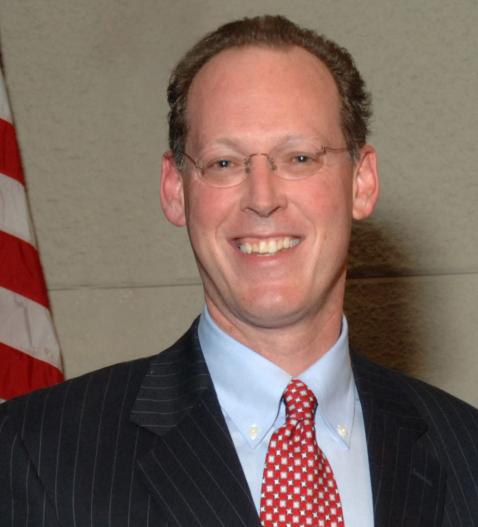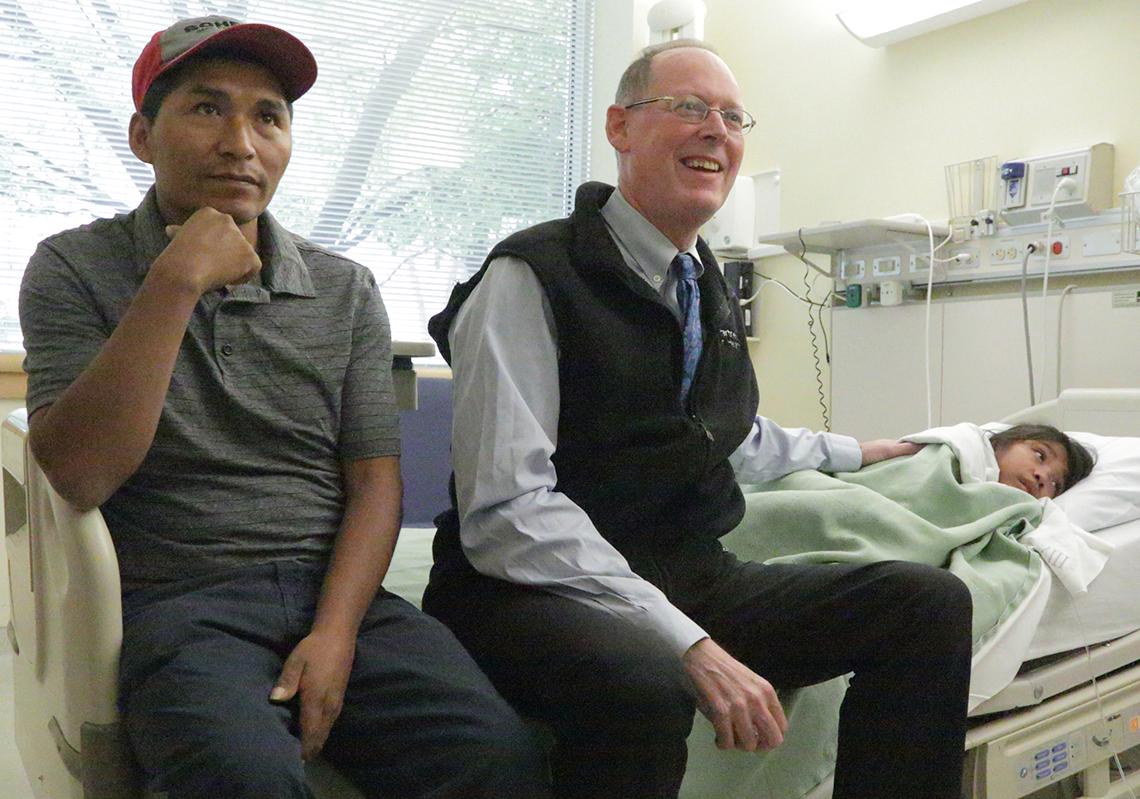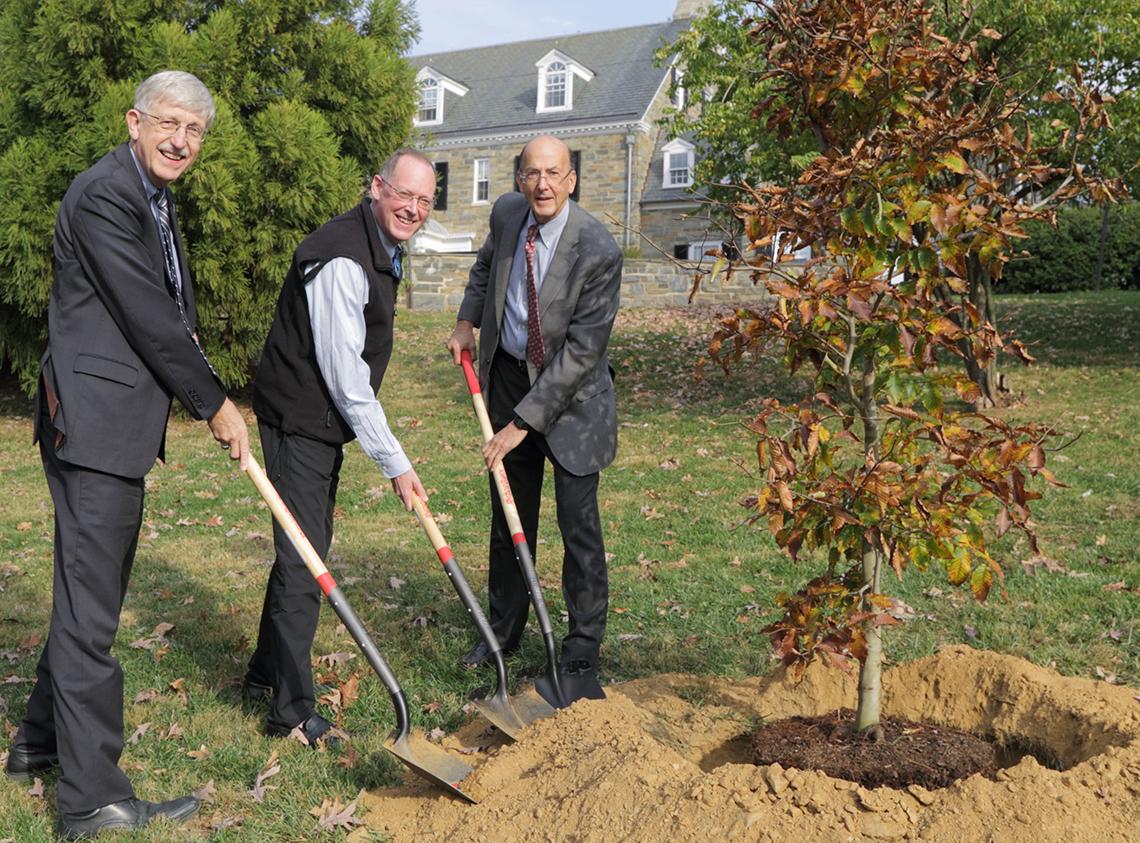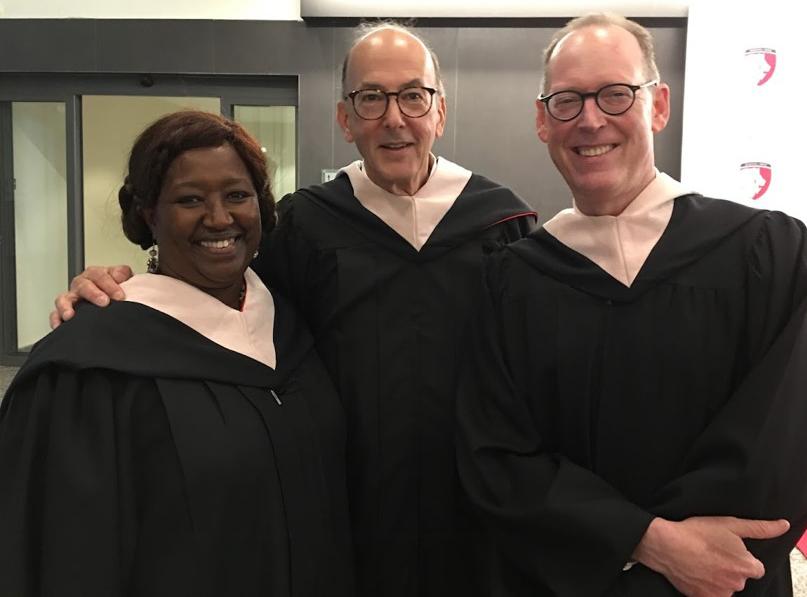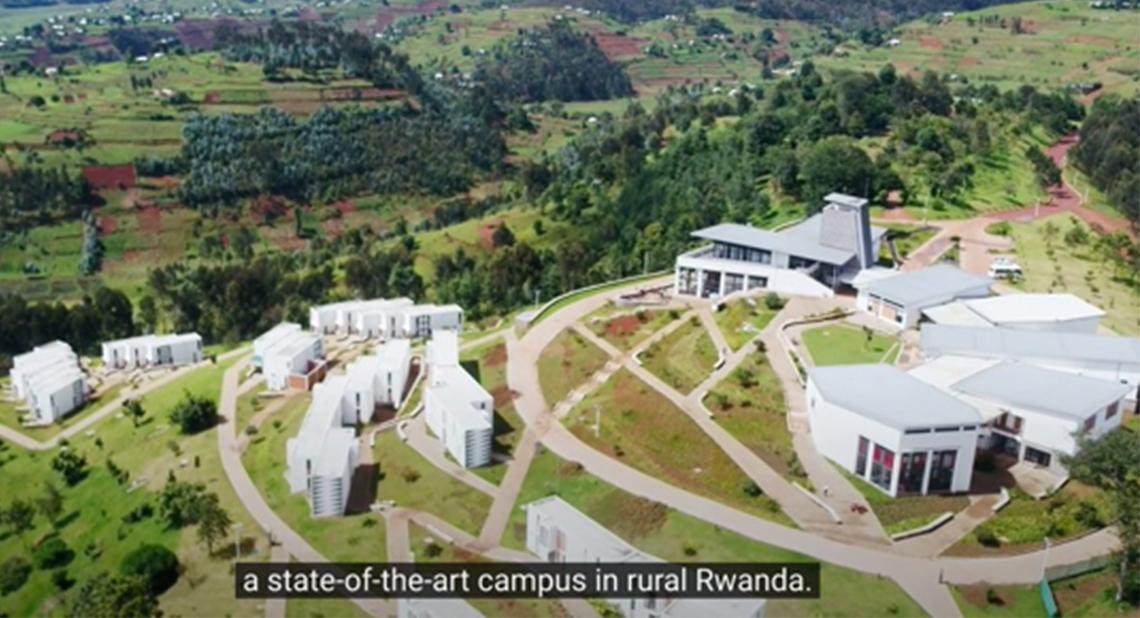‘A Giant in Global Health’
Remembering Paul Farmer
NIH mourns the passing of Dr. Paul Farmer, global health leader, physician, medical anthropologist, Harvard professor, author and longtime friend of NIH. He died in Rwanda on Feb. 21 of an acute cardiac event in his sleep. He was 62.
Farmer had spent decades expanding health care access and providing medical care to the world’s poorest, underserved populations. To broaden his efforts, in 1987 he co-founded the nonprofit Partners in Health (PIH) that today operates in 12 countries across Africa, Latin America, Central Asia and the U.S. Operating under the notion that everyone should have access to health care, wherever they live, no matter their circumstance, Farmer’s work has saved countless lives.
“Paul Farmer was a giant in global health who changed the way health care was delivered with a focus on equity. He inspired us with his kindness, humility, humanity and wisdom,” tweeted Fogarty International Center director Dr. Roger Glass, learning of Farmer’s untimely passing.
Farmer’s interest in helping the poor began as a child. Raised in a Florida trailer park, and once having lived in an abandoned school bus, he grew up picking fruit with Haitian migrant workers. He later met and interviewed more migrant workers on tobacco plantations near Duke University, where he studied medical anthropology on scholarship. Then, as a doctoral student at Harvard, between labs and exams, Farmer began visiting public health clinics in Haiti.
“He was an iconoclast,” said Glass. “I think Paul was stimulated by the fact that people said he couldn’t do things [and then he did them], starting in Haiti where he really got engaged in thinking about primary care that led to the development of a whole program [there] and the building of a [high-tech] hospital.”
In Peru, Farmer defied skeptics who told him it was too difficult and expensive to address multidrug-resistant tuberculosis. Determined, he launched studies and procured treatments for people with this virulent type of TB.
And it was almost unimaginable to have a state-of-the-art hospital-university complex in a remote area in Africa, noted Glass. Yet, in Rwanda, Farmer’s PIH built Butaro Hospital on a mountaintop and then a medical school—the University of Global Health Equity (UGHE)—next to it. Farmer tirelessly raised funds, recruited staff and successfully lobbied Rwanda’s government for a road and utilities to support the complex.
“He was a visionary; he changed the world,” said Glass, who last saw Farmer in December at UGHE’s white coat ceremony honoring its first cohort of medical students.
“Paul was the most remarkable model the modern world has seen of what a doctor can be,” said former NIH director Dr. Francis Collins. “He practiced medicine with unbounded compassion and lived his faith every day, reaching out to those in greatest need, and following the principle that led to the founding of Partners in Health: unconditional kindness.”
NIH’s connection with Farmer went back many years, a relationship that included reciprocal tree plantings, celebrations and lectures. Farmer’s most recent visits to NIH included delivering the Barmes lecture on global health equity in 2016 and the Grand Rounds Great Teachers lecture on community-based care for infectious diseases in 2009, during which he also visited Clinical Center patients.
“I will greatly miss his joyful presence,” Collins said, “but his legacy will endure in all those whose lives he has touched. I am honored to be one of them.”
Farmer is survived by wife Didi Bertrand and three children.

